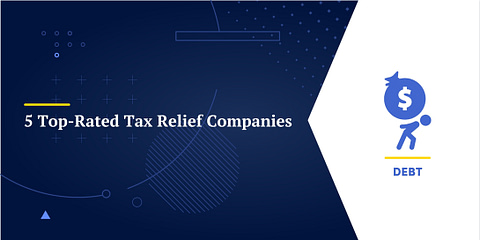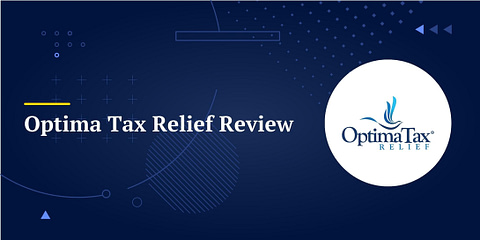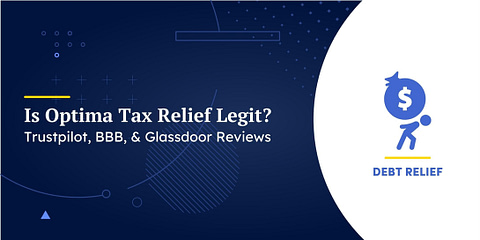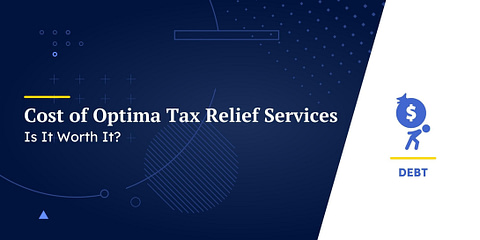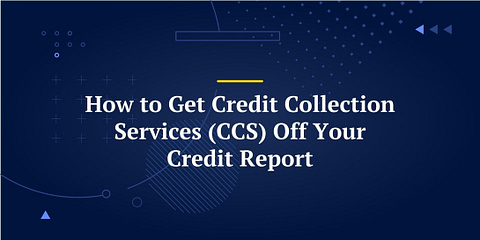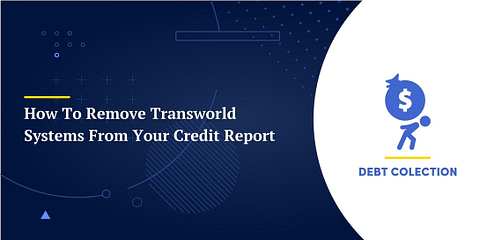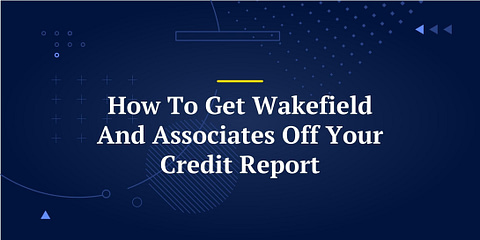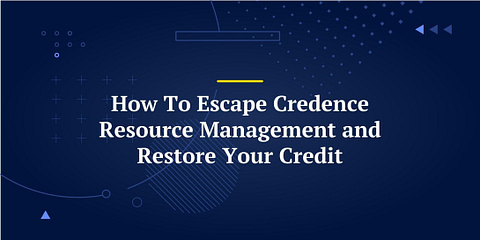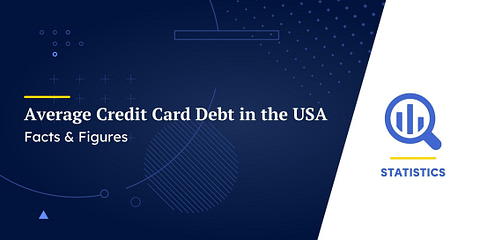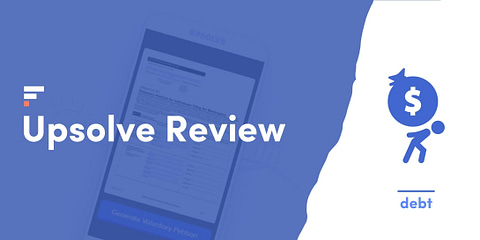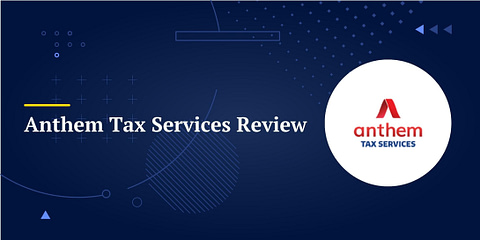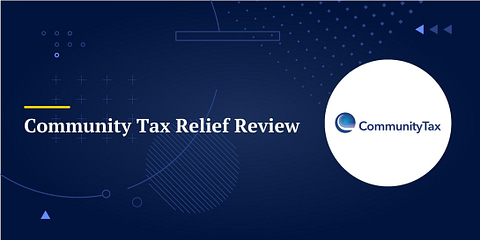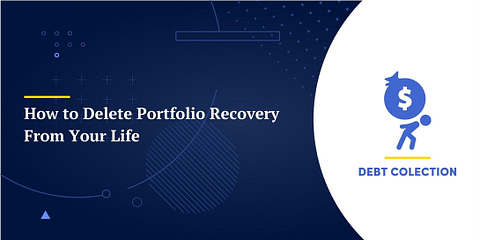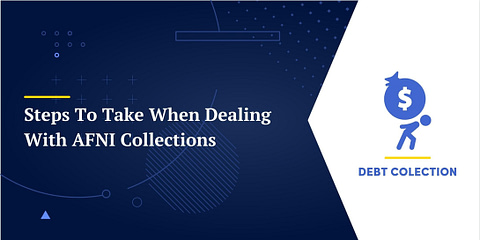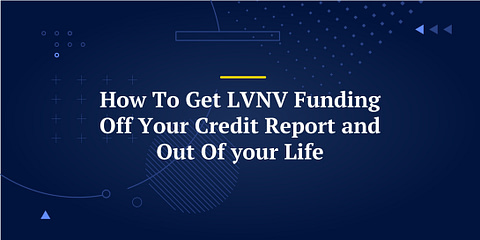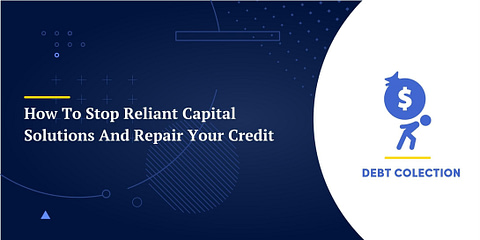If you owe the IRS back taxes, you may be wondering whether you can settle with IRS yourself or if you’ll need professional help from a CPA or tax relief company. If you don’t pay your taxes, the IRS will send you a bill for the unpaid balance. Your first thought might be to take care of it yourself.
In many cases, that’s a completely viable possibility. If your debt is relatively small or your case is relatively straightforward, you can probably handle the process yourself, especially if you know what outcome you want.
If you want to settle with the IRS yourself, here’s what you need to know.
What Happens If You Don’t Pay Taxes on Time?
They say the only certainties in life are death and taxes. But there’s one more thing you can add to the list: IRS penalty fees. When you don’t pay your taxes on time, charges start to add up almost immediately.
The IRS tacks on a failure-to-pay penalty of 0.5% every month your bill goes unpaid. At that rate, you want to get your tax bill sorted out sooner rather than later. You can talk to the IRS and get the process started on your own.
How Much Will The IRS Settle For?
If you’ve looked into tax debt relief, you’ve likely stumbled across cases where the IRS settles for less than what was owed. This is what’s known as an offer in compromise (OIC). But there’s a catch. The IRS only settles if they believe that you really can’t pay.
So how much will the IRS settle for if you really can’t pay?
Basically, they only let you pay less if they think they can’t get any more money out of you. That typically happens with people who are disabled, who have lost jobs, or who have been through serious medical issues. In these cases, you can offer what you think you can afford. Just don’t go too low, or the offer may be rejected.
The IRS only approves 40% of these offers. If your debt is large and you’re considering an Offer in Compromise, professional advice may be called for. You want to get it right.
Are You Eligible for an Offer in Compromise?
First, you must be current on filing your taxes. If you’re behind a year or two or four, reach out to a CPA or a tax debt relief company for help to get you up to date.
Second, the IRS won’t accept an offer if you can afford to pay what you owe.
Check out the Offer in Compromise Pre-Qualifier tool from the IRS.
Other Options to Settle Your IRS Tax Debt
If you’re not eligible for an OIC, setting up a payment plan might be the next best thing.
It might make sense to do the payment plan because you want to stop any and all collection efforts, and that includes liens and levies or wage garnishments. It doesn’t have to be significant – it could be $100 to show the IRS you’re serious about moving forward and working things out.
Sharif Muhammad
But here’s the thing:
Don’t jump into an installment agreement unless you’re sure it’s right for you.
Why not?
It could disqualify you from other tax debt relief options.
Quick tip: Once you start an installment plan, you will have a harder time qualifying for a debt reduction request later. We recommend you speak to an expert to see if you qualify for tax relief first.
And you don’t want to miss out on any chances to settle your IRS debt. But remember: The IRS only has ten years to collect what you owe.
Depending on how big the debt is relative to the income and assets, the IRS might do a payment plan with the agreement to forgive the debt at the end of the term.
Sharif Muhammad
If you have tax debt, give yourself a break. 8% of all U.S. taxpayers are delinquent. For instance, let’s say you owe $32,000 in back taxes, and the IRS agrees to let you pay $200 a month. That’s $2,400 a year, which adds up to $24,000 over ten years. That means you’ll only pay $24,000, and the IRS will forgive the remaining balance. This is known as a “partial pay agreement.”
How to Settle Tax Debt with the IRS
Can you settle with the IRS on your own? Sure, you can.
The IRS has tons of self-help articles about settling your tax debt and even a video about how the IRS collects its money. But the question isn’t whether you can settle tax debt on your own, but whether you should settle it by yourself.
I think it’s important to have the right counsel and deal with the right professionals because you want to make sure they’re doing their job to help you get the issue resolved.
Sharif Muhammad
You don’t want to give the IRS too much, get caught making false statements because you don’t understand a form, or miss out on any of the options available.
If you’re confident that you understand your tax situation and that you know what outcome you want, DIY might be your best option. After all, hiring a tax professional isn’t cheap.
If your debt is large, your case is complex, you’re terrified of dealing with the IRS, and you don’t know where to begin, hiring professional help might be your best option. That’s doubly true if you’re facing a tax lien or a tax levy. Just be sure that you choose carefully: there are many tax debt relief scams out there. Do your research on the best tax debt relief companies!
The DIY route can work. So can hiring professional help. What’s important is that you make an informed choice that you’re confident is the best choice for you.

